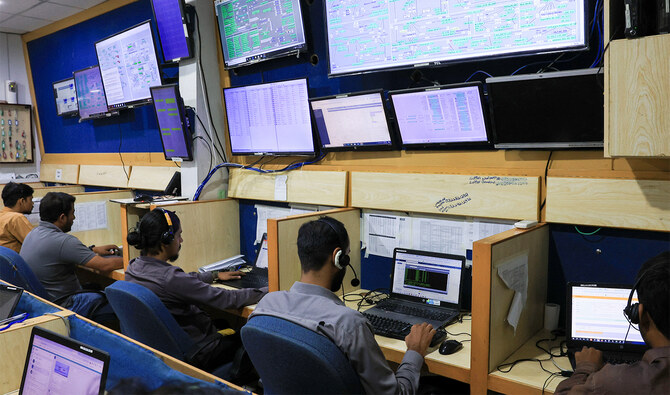Amnesty International
Amnesty International has recently called on Pakistani authorities to increase transparency regarding the ongoing nationwide internet disruptions and the use of surveillance and monitoring technologies.
The organization is concerned about the significant decline in internet speeds observed over the past few weeks, which has led to widespread difficulties for users.
Many people are struggling to send or receive media and voice notes via WhatsApp while connected to mobile data, and even broadband users are experiencing slow browsing speeds.
In a statement released on Monday, Amnesty International urged the Pakistani government to clarify the reasons behind these internet slowdowns and to ensure that any monitoring and surveillance systems in use are not unnecessary, disproportionate, or in violation of international human rights laws.
The rights group emphasized that the lack of transparency surrounding the use of these technologies—such as national firewalls that block content and control internet speeds—is a significant cause for concern.
Amnesty International has highlighted that such technologies are often incompatible with human rights standards.
They argue that these pervasive tools undermine online freedoms, including freedom of expression and access to information, which are essential for public knowledge, individual self-expression, e-commerce, and the broader digital economy.
The disruptions also impact Pakistani communities abroad, who face difficulties connecting with family and friends due to the internet issues.
In response to the slowdown, the Pakistan Telecommunication Authority (PTA) attributed the problem to a “faulty submarine cable” and assured the public that no new firewalls were being installed.
PTA Chairman Retired Major General Hafeezur Rehman explained that the cable repair was expected to be completed by August 28.
He also clarified that the slowdown was due to the government’s web management system upgrade rather than the installation of a firewall.
Despite this, there have been criticisms from lawmakers and the public about the potential impacts of such upgrades on internet performance.
The Islamabad High Court has asked the government and the PTA to provide responses by August 26 regarding a petition filed by senior journalist Hamid Mir, which challenges the internet slowdown.
The business community and internet service providers (ISPs) have also raised concerns, suggesting that government efforts to monitor internet traffic, including the use of a supposed firewall, are to blame for the slowdown and resulting economic losses.
Information Technology Minister Shaza Fatima Khawaja confirmed that the government was upgrading its web management system to address cybersecurity threats. However, she denied allegations of deliberate internet throttling.
Amnesty International had previously criticized the government for internet and mobile suspensions during the February 8 general elections, describing them as a severe infringement on freedom of expression and peaceful assembly.


